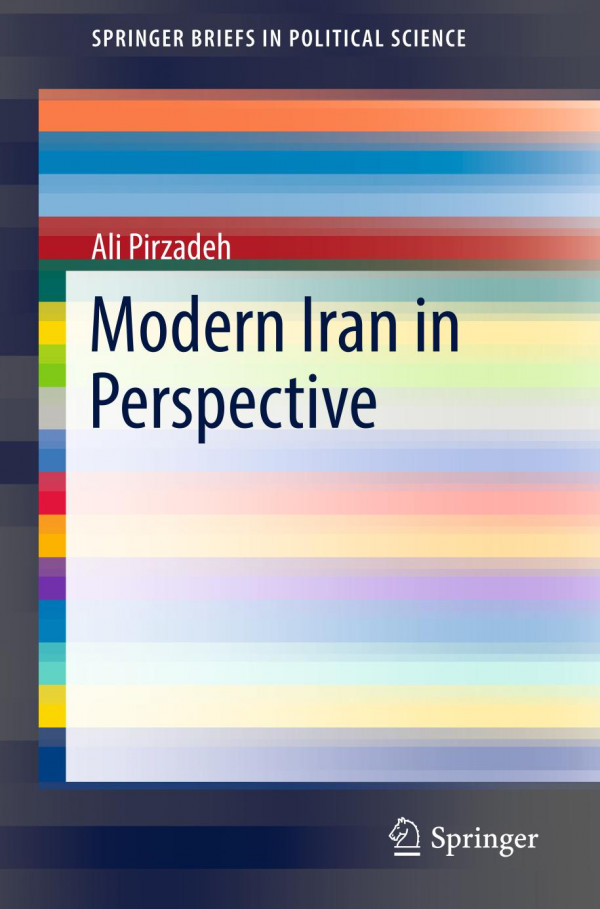

Most ebook files are in PDF format, so you can easily read them using various software such as Foxit Reader or directly on the Google Chrome browser.
Some ebook files are released by publishers in other formats such as .awz, .mobi, .epub, .fb2, etc. You may need to install specific software to read these formats on mobile/PC, such as Calibre.
Please read the tutorial at this link: https://ebookbell.com/faq
We offer FREE conversion to the popular formats you request; however, this may take some time. Therefore, right after payment, please email us, and we will try to provide the service as quickly as possible.
For some exceptional file formats or broken links (if any), please refrain from opening any disputes. Instead, email us first, and we will try to assist within a maximum of 6 hours.
EbookBell Team

0.0
0 reviewsThis book highlights fundamental, but often neglected, issues important for a better understanding of present-day Iran. It underlines the idea that the most effective means for a nation to meet challenges and practices of the modern era lies with the fundamental values and norms that resonate with its inhabitants.
This book is meant to be a companion to the author’s published book Iran Revisited: Exploring the Historical Roots of Culture, Economics, and Society that expands upon that book’s ideas, without repeating its theoretical reasoning. Its goal is to offer a better understanding of the current and evolving situations in Iran. In this regard, the author tried to clarify his position through a host of suggestions, most notably, the need to consider social rights as the bare minimum but extremely imperative criteria in our contemporary discourse for the betterment of our society. These rights, he argues, are the most fundamental tenets of any community that strives to succeed and flourish.
In this context, the underlying discussion rests on the following claim: the most persisting problems in Iran are the outcomes of the gradual regression of the people’ mindset that persistently overlooked their heritage and value system in favor of imitating ideas that were/are neither compatible with their culture and history, nor applicable to the country’s socioeconomic conditions. The author, therefore, presumed that these predicaments are self-inflicted: they were neither caused by a specific state, nor belong to a historical period, or individual(s); they cannot be characterized by political or economic terminologies, but are firmly rooted in people inability to recognize that the most vital principle in developing and propelling a nation forward is the existence of a unified people.